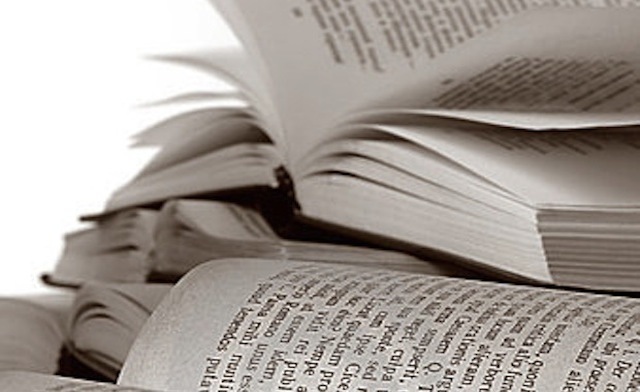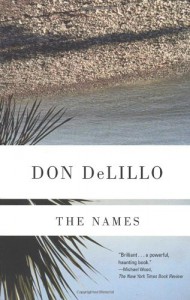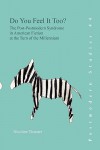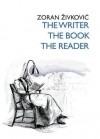
Simon and David come to Novilla by boat in order to start a new life and speak Spanish. Simon is a man in his forties, he does not know exactly his age, and David is a child Simon meets in the boat. Even though Simon does not know David he decides to help him survive and find his mother. David had a letter which explains who he is and who his mother is, but he loses it in the boat, as it seems that in the boat, all the memories are lost.
Simon stays true to his promise. He takes care of the child until he finds his mother. Since the authorities do not help to identify his mother, and how could they? Since there is no information about the child and even his name is one given to him when he arrived to Novilla. Simon reassures the child; he will be able to recognize his mother the second he sees her. And this is how he has found David’s mother, and this is when real problems started…
At first I didn’t really understand why Coetzee has chosen “the Childhood of Jesus,” but few pages in the book, it has become clear that he is referring to a modern ‘jesus’: a child who blesses the life of Ines, the virgin whom Simon chooses as David’s mother. The second Simon sees Ines he decides that she is David’s mother and they have to be reunited. She does not accept it at first, but she quickly changes her mind. Any woman wants a child for herself, she declares at the end of the book.
Novilla, for ‘nouvelle vie,’ or ‘novel life’ is a an utopian city of some sort. Everyone has goodwill for David and Simon. Simon soon finds a job and an apartment where his settles. Everyone is nice to them. It’s like if everyone who comes to that place is reprogrammed to become nicer. The citizens do not remember their past, their memories, and previous lives. They have goodwill but they cannot feel strong emotions. In this regard, Simon feels to be abnormal as he wants to feel strongly for a woman, be able to hold her and make love to her. But this he cant find, even when his neighbor Elena agrees to become his partner (for when he needs one); she is distant and feels no pleasure.
“From goodwill come friendship and happiness, come companionable picnics in the parklands or companionable afternoons strolling in the forest. Whereas from love, or at least from longing in its more urgent manifestations, come frustration and doubt and heartsore. It is as simple as that."
Even though people do not hurt others, they still do not help that much. They obey the rules and would not do much when it comes to things that is not assigned to them, with exceptions of course. Individuals also do not question the authority of David’s ‘father,’ uncle’, ‘godfather’. Each time someone asks if Simon is david’s father the latter answers ‘no’ but no one wonders or care to know why a stranger is taking care of a child.
Elena accuses Simon of acting on intuition alone. He does not know what he is doing. For her, he lives in a delusion (and for him she lives in a dead world) of knowing things he does not control. He cannot just pick the first virgin he meets and give her a responsibility she cannot know how to deal with. But in this world, these sort of things are possible.
Luckily for David, Simon is a good man, and after he hands David over to Ines, he tries to stay away from the mother and the son, as they need time to get used to each other. However, Ines becomes too protective and refuses to let David go to school, and since no one can resist the law, Ines, David and Simon have to leave like fugitives.
I really liked this book. It is at the same time funny, simple, serious, and ironic. The end was not what I expected but I think that there couldn’t be a better end for it.
"In the world we live in there are random numbers and random names and random events, like being picked up at random by a car containing a man and a woman and a child named David. “

 1
1


 80
80






















